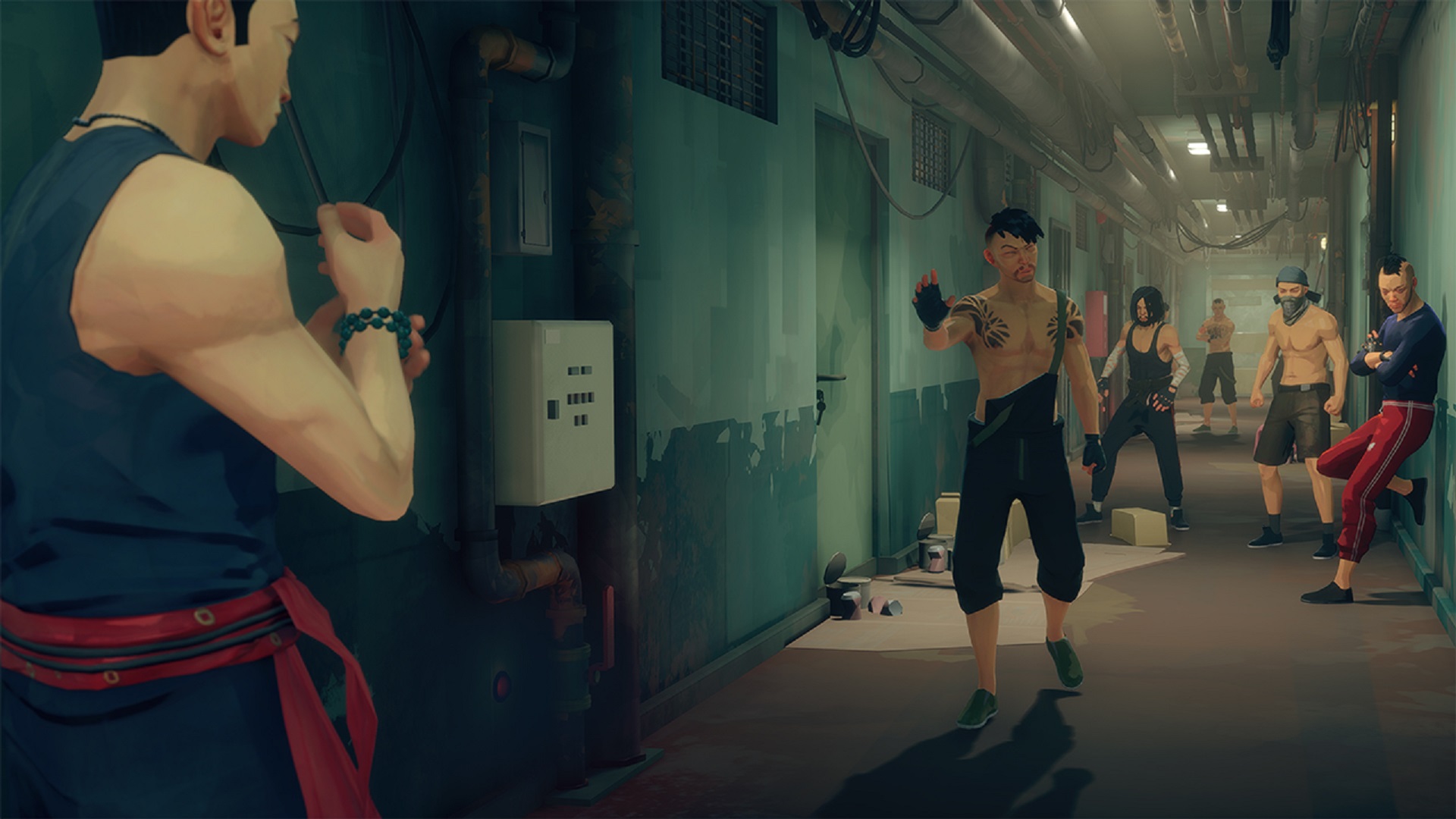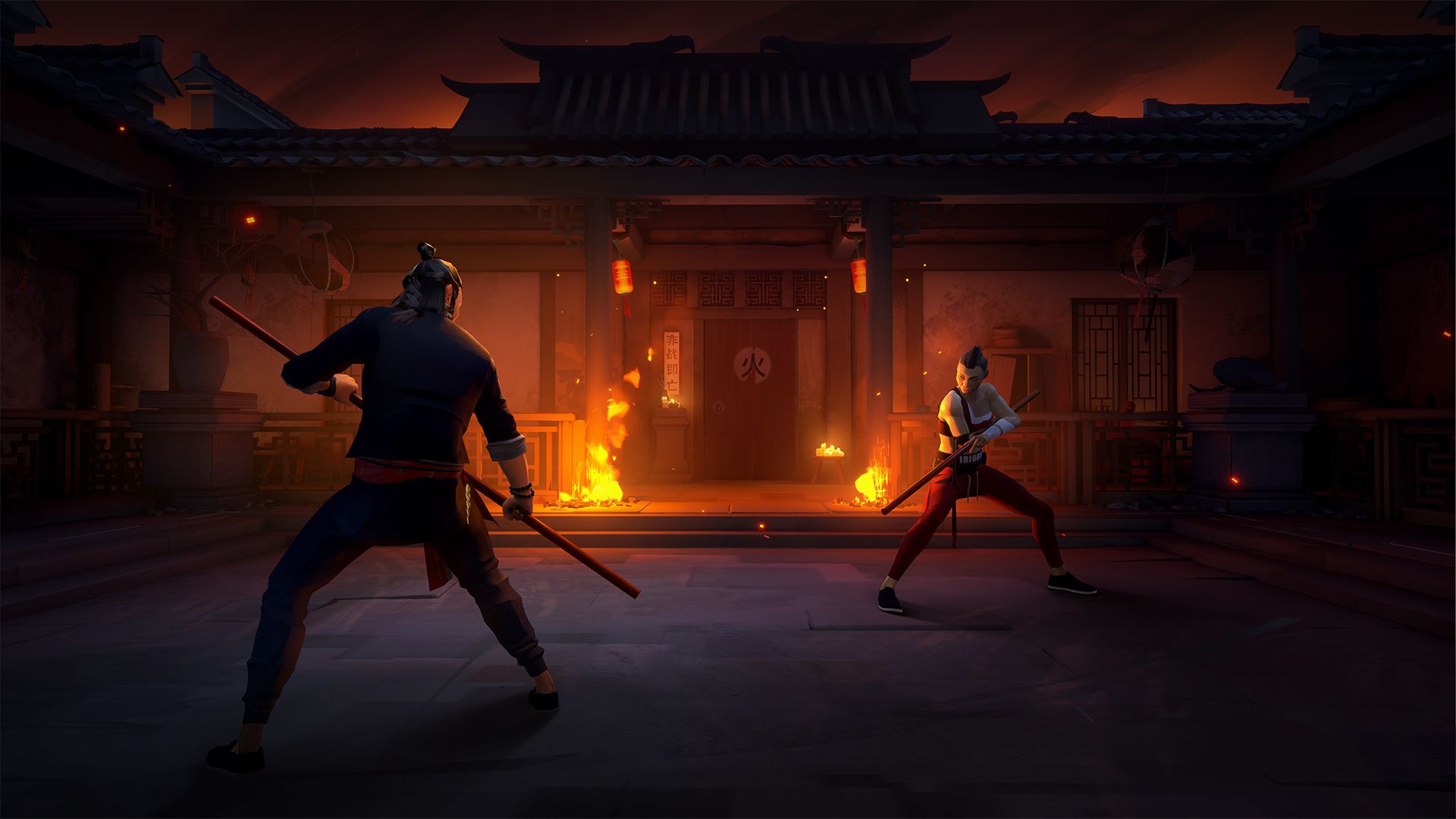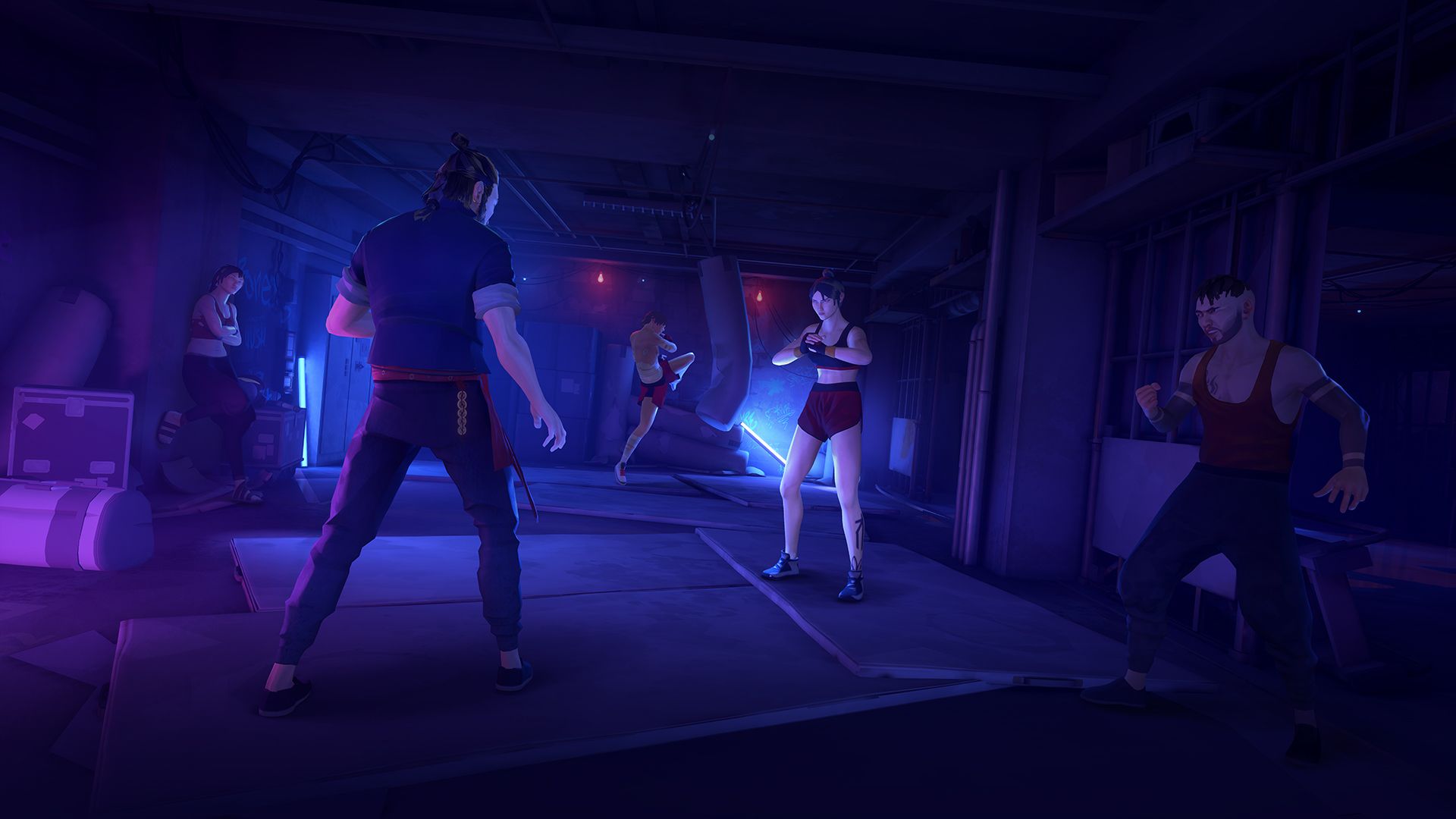Sifu Interview – Aging, Progression, Story, and More

SloClap’s kung fu brawler Sifu caught the eye of many when it was first revealed, and has built up a healthy amount of hype since then. Now that it’s finally out, players are going to be diving into its beat ’em up offerings- and it’s clear by now that those offerings have carved out a unique identity for themselves with the game’s blend of grueling challenge, tight and mechanically dense combat, and a unique aging mechanic that encourages replay value. Ahead of Sifu’s launch, we reached out to its developers to learn more about the game and what makes it tick, learning some interesting things in the process. Below, you can read our conversation with Félix Garczynski, marketing manager at SloClap.
NOTE: This interview was conducted prior to the game’s launch.
“Kung fu as a martial art carries the concept of endless self-improvement, of a mastery kept alive and relevant by permanent practice. It is a strong theme of our game that mastery can only be developed through time and effort as we feel it’s one of the core teachings of Kung Fu.”
Sifu’s aging mechanic is one of its most unique aspects- how did the idea for that come about?
Kung fu or “gōngfu” can refer to any discipline or skill achieved through hard work, practice and patience. Kung fu as a martial art carries the concept of endless self-improvement, of a mastery kept alive and relevant by permanent practice. It is a strong theme of our game that mastery can only be developed through time and effort as we feel it’s one of the core teachings of Kung Fu.
From a gameplay perspective, the aging mechanic presents challenges in a rather interesting way, with players getting more powerful attacks but a lower health pool with each death, among other things. What was the process like of finding the right balance with that mechanic and ensuring that it remains balanced throughout the experience?
It’s an iterative process and we have kept making tweaks to the progression system until the very end of the development process!
How important is the environment in Sifu’s combat? How much does the game encourage players to take stock of their surroundings and use them to their benefit in fights?
The use of the environment is very important in Sifu. We have introduced usable elements to all combat situations, be it furniture you can toss into your enemies’ feet, throwable items, makeshift weapons or tables you can leap across. They add options for the players, who are free to approach a given situation from different angles. (And can prove especially useful when fighting crowds of enemies trying to surround you)
Beyond the aging mechanic, how does progression function in Sifu in terms of learning or powering up new abilities?
Players will be able to spend their experience points in different skills that open more options to tackle the different combat situations. You can for example unlock different focus attacks to use against challenging opponents, or crowd control abilities required to manage groups of multiple enemies coming at you from different angles.
“Sifu will remain single-player only. We are an independent studio with limited means, and we wanted the team to focus on creating an immersive and distinctive single player experience. We do have additional content planned for post-launch though.”
How much will the dialogue options in Sifu impact the game and how it progresses?
Dialogues will let you know more information on your enemies and their respective lairs. Some choices will allow you to get hidden clues or access to secret areas, while others will for example let you avoid a fight.
Unlike your previous game, Sifu is a single player-only title. Do you have any plans to eventually add multiplayer modes to the game following launch?
No, Sifu will remain single-player only. We are an independent studio with limited means, and we wanted the team to focus on creating an immersive and distinctive single player experience. We do have additional content planned for post-launch though!
How much of an emphasis does Sifu place on narrative and storytelling?
Sifu is a Kung Fu action game, and combat gameplay is at the core of the experience. We crafted a story that we feel is both an homage to classic martial arts and action movies, but also a way for players to understand why they are fighting and to make up their own mind on the reasons that pushed our main character on the path of bloody revenge.
Can you talk about why you chose to launch as a PlayStation console exclusive? Do you have any plans to eventually bring Sifu to other platforms as well?
We already had some history of working with PlayStation on our previous game (Absolver) and we feel that PlayStation is a great platform for our games. As an independent studio with a tight budget and limited means in terms of marketing, strong partnerships with actors such as PlayStation and Epic are key to allow us to make the game we want and to ensure some visibility amongst much larger publishers.
“Sifu is a Kung Fu action game, and combat gameplay is at the core of the experience. We crafted a story that we feel is both an homage to classic martial arts and action movies, but also a way for players to understand why they are fighting and to make up their own mind on the reasons that pushed our main character on the path of bloody revenge.”
Roughly how long is an average playthrough of Sifu?
Since the game is quite challenging, that can vary a lot depending on players. We think that critpath could be anywhere between 8-12 hours to reach the end of the game, while we are looking at game times around 15-20 hours to fully unlock all the content in the game or 100% it.




